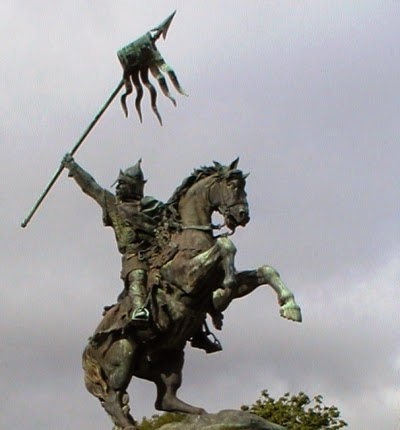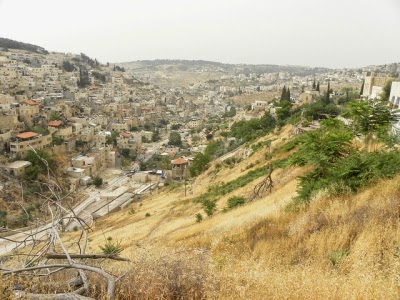Strength to be Weak // A Prayer from Today's Psalms // June 29, 2025

Lord, give me strength today...strength to trust you when circumstances are difficult and my emotions are troubled. Give me peace today...peace to obey your Word, to love you more than anything this world can offer, and to love my friends and neighbors the way you love me. Break down my pride, Lord. By your power, teach me to recognize my need for you. Bring me into situations today that reveal my selfishness, my lack of humility, my false sense of superiority over others. Open my mouth to clearly speak of your faithful love, your wonderful providence, your awe-inspiring strength and wisdom in creation, redemption and restoration. All of heaven and earth belong to you...you created them in righteousness and justice, in faithful love and truth. You have made Jesus to be the Rock of my salvation, the greatest of all kings. For the sake of the life, death and resurrection of Jesus, forgive my sin and form my heart to love and obey you above all others. Halleluja...





